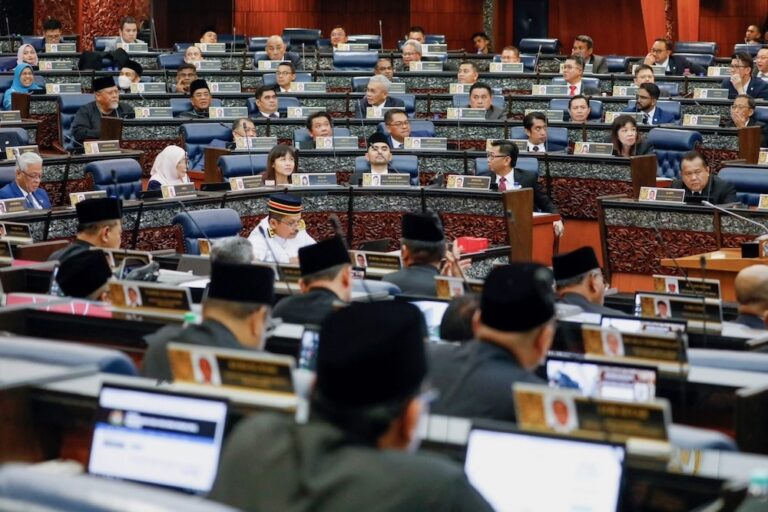The move perpetuates a culture of secrecy and serves to undermine the ability of all in Malaysia to access information
This statement was originally published on cijmalaysia.net on 22 January 2025.
The Centre for Independent Journalism (CIJ) is deeply concerned about the recent action of the Attorney General’s Chambers (AGC) in filing an application for a gag order and prohibitory order to prevent the public from discussing the alleged royal addendum purportedly seeking to allow the former prime minister Najib Abdul Razak to serve the remainder of his sentence under house arrest. The gag order would prevent any party, including the media, from publishing, broadcasting, or disseminating anything related to the ongoing judicial review. According to Deputy Head of Civil Division at AGC, Shamsul Bolhassan, a gag order would protect the sensitive nature of the case.
This move by the government raises alarm about the state of freedom of expression and right to information in Malaysia as it perpetuates a culture of secrecy and serves to undermine the ability of all in Malaysia to access information held by public bodies and engage in critical discourse about issues that pertain to the public interest, even if deemed ‘sensitive’ in nature. The gag order is reflective of the current track record of the Madani government to suppress freedom of expression, a tenet that has been enshrined in Article 10 of the Federal Constitution. All public authorities, which under Article 160 of the Federal Constitution include the Yang di-Pertuan Agong, should be open to heightened scrutiny and be held accountable for their actions.
This development demonstrates the urgent need for the government to adopt a progressive Right to Information (RTI) legislation, with no further delays, to ensure an open government based on transparency and proactive disclosure of information held by public authorities. Any exemption to the non-disclosure of information must be grounded in the international human rights principles of legality, necessity and proportionality, and meet the public interest and harm test.
By adopting such practices, it will create an information ecosystem which is based on international human rights standards without the involvement of political or business expediency. The principle of transparency, which are the fundamentals of RTI, should be seen as an entry point for the government to tackle the negative perception among the public and to move away from the track record of attempting to censor all discourse critical of its actions.
22 January 2025
Wathshlah G. Naidu
CIJ Executive Director



